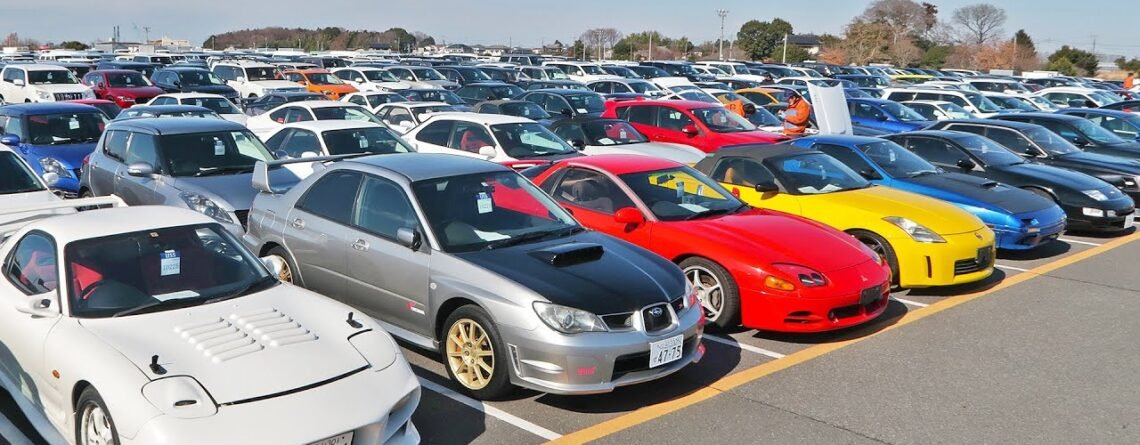
Revised Regulatory Duty On Imported Used Cars
Introduction to Regulatory Duty on Imported Used Cars
The import of used cars has always been a significant part of the automotive market in Pakistan. To regulate this sector, the government periodically revises the regulatory duty on these vehicles. These revisions aim to balance the interests of local manufacturers, consumers, and the national economy. The recent changes in the regulatory duty structure have sparked discussions and debates among stakeholders.
Historical Context of Regulatory Duty
Understanding the historical context of regulatory duty on imported used cars in Pakistan is crucial. Traditionally, the government has imposed duties to protect local automotive manufacturers from the competition posed by imported used cars. Over the years, these duties have fluctuated, influenced by economic conditions, trade policies, and the performance of the local automotive industry. Previous revisions have either aimed to curb the import of used vehicles to promote local manufacturing or to provide consumers with more affordable options.
Recent Revisions in Regulatory Duty
The latest revisions in the regulatory duty on imported used cars have introduced new dynamics in the market. The government has adjusted the duty rates to reflect current economic needs and industry conditions. These changes are designed to address various challenges, including foreign exchange reserves, local industry protection, and consumer demand. The revised duty rates vary based on factors such as the age of the vehicle, engine capacity, and environmental standards, influencing the types and numbers of cars being imported.
Impact on Consumers and Market Dynamics
The revised regulatory duty has a direct impact on consumers and market dynamics. For consumers, changes in duty rates can affect the affordability and availability of imported used cars. Higher duties may lead to increased prices, making it challenging for many to purchase their preferred vehicles. On the other hand, lower duties can result in a surge of imports, providing consumers with a broader range of options. These market shifts also influence the business strategies of car dealers and importers, who must adapt to the new regulatory environment.
Effect on Local Automotive Industry
One of the primary objectives of revising regulatory duties is to support the local automotive industry. By adjusting duties on imported used cars, the government aims to create a more favorable environment for local manufacturers. Higher duties on imports can protect local production, encouraging consumers to opt for locally assembled vehicles. However, this strategy must balance protecting local industry and ensuring consumers can access diverse and affordable vehicles.
Future Outlook and Policy Considerations
Looking ahead, the future outlook of regulatory duties on imported used cars in Pakistan will likely be influenced by various factors. Economic conditions, trade agreements, and advancements in the local automotive industry will play pivotal roles. Policymakers must consider the long-term implications of duty revisions, ensuring a balanced approach that supports local industry growth while catering to consumer needs. Continuous monitoring and adjustments will be necessary to respond to changing market conditions and global automotive trends.
Conclusion
The revised regulatory duty on imported used cars in Pakistan is a critical tool for managing the automotive market. While it aims to protect local manufacturers and balance economic factors, it also significantly impacts consumers and market dynamics. As the automotive landscape evolves, ongoing policy adjustments will be essential to maintaining a healthy and competitive market that benefits all stakeholders.
Stay connected with Auto 2000 and get the latest updates on new products, promotions, and industry news. Find us on Facebook, Instagram, YouTube, and Tumblr!












LEAVE A COMMENT